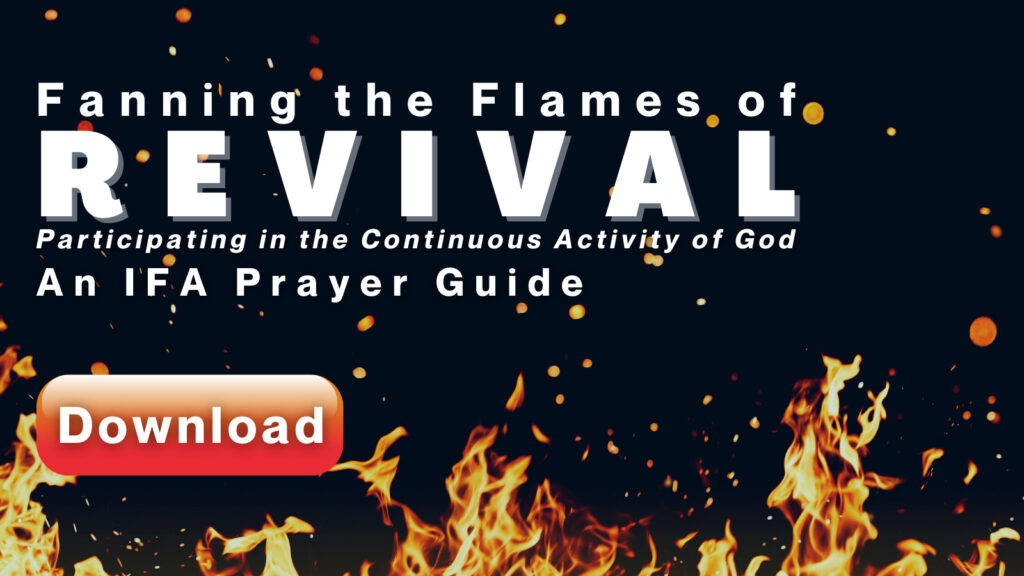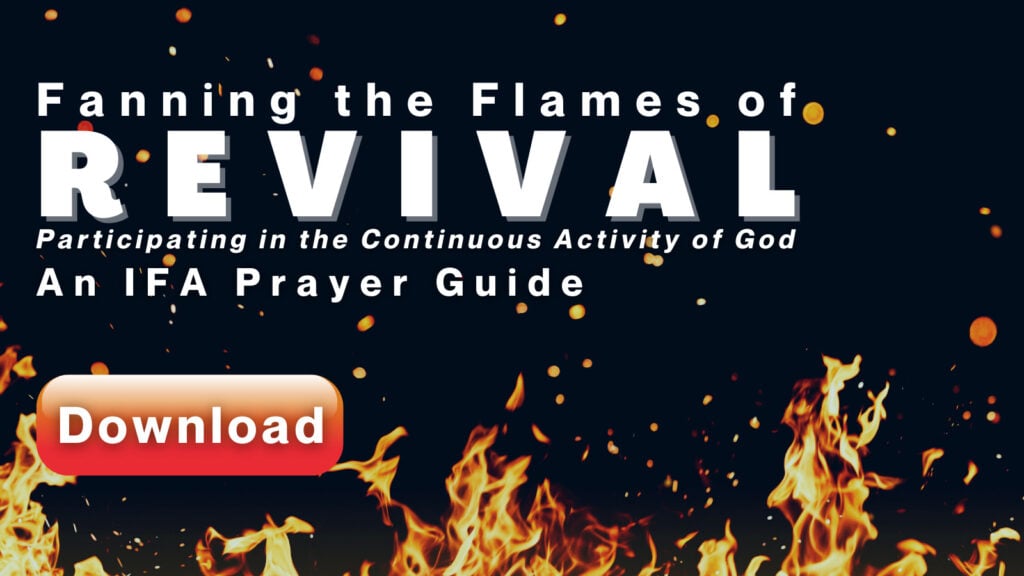
Analysis. As our news is littered with such things as threats of the arrest of former President Trump and with FBI raids of Mar-a-Lago, one cannot help but wonder about the weaponization of government agencies for political motives. But the attacks do not stop there: We hear of FBI raids on the home of “America’s Mom,” with her homeschooled children looking on as their home is upturned; about untold numbers of persons being held in jail as political prisoners, without due process of law; and even about an IFA board member, Jeremy Story, who was arrested for simply speaking out at a local school board meeting. We are made to wonder where this trend may lead.
This content is supported by your donations.
Concerns that governments around the globe may be getting more and more comfortable with creating political or religious dissidents are sure to rise. Starting with a Colorado baker being charged for not baking a cake, and then moving to the fining of California pastors for holding church services during COVID, and now to the criminalization of silent prayer(!) in the U.K., we begin to feel uneasy about the progressive levels of power being exercised by governments to silence and squelch any views they oppose. Our First Amendment protections of the God-given freedom to speak, write, and think according to conscience are undeniably being trampled before our very eyes.
George Washington is thought by some to have said: “Government is not reason; it is not eloquence; it is force. And force, like fire, is a dangerous servant and a fearful master.” Notwithstanding the debate over whether Washington did in fact make that statement, the expressed idea holds true: Throughout human history, we witness the growth of tyrannical governments that fan the flames of oppression and persecution.
Our Founding Fathers were keenly aware of such fires of persecution. James Madison, hailed as the Father of the Constitution, was a direct descendant of at least two Christian martyrs. He was descended from William Tyndale, who was known for his work translating the Bible into English; Tyndale was strangled and burned at the stake. Tyndale’s niece, Margaret, married Rowland Taylor, who was martyred during the Marian Persecutions. He, too, was burnt at the stake for his Christian beliefs that opposed those of the reigning monarch. Few know that Rowland and Margaret were the great-great-great-great-great-great grandparents of Madison, our fourth president. It is not surprising then, that Madison was keenly aware of the need to keep our government in check from engagement with the fires of persecution.
Those fires of persecution have raged from the time first-century Christians were being thrown to the lions, and they’ve gone on through the hangings, even on our own shores, of those charged with defying theological mandates handed down under the color of law. The Puritans in Massachusetts were vehemently opposed to the beliefs and practices of the Quakers — so much so that they passed laws imposing sentences of whippings, the cutting off of ears, and even death, for anyone espousing Quaker beliefs within their jurisdictions. The hangings in 1659 in Boston of William Robinson and Marmaduke Stevenson and in 1660 of Mary Dyer finally caught the attention of King Charles II, prompting him in 1661 to forbid Massachusetts officials from executing those who professed Quakerism.
Such fires of persecution may seem far removed from us today, but religious and political persecutions continue around the world. The right of conscience is too often subjugated under conflicting man-made rights. The abortion lobby spoke loudly through the British Parliament when the U.K. voted to create free-speech-exclusion zones around abortion clinics. What is more shocking is that these zones criminalize even silent prayer. That is, such prayers or beliefs, even if unspoken, are now forbidden within these zones, and some who hold such opposing beliefs have in fact been arrested, fined, and even imprisoned. This was no unintended consequence of the legislation, but rather its exact intention. An amendment was offered that would have protected from arrest any people engaging in either consensual communication or silent prayer, but that amendment was soundly defeated by a vote of 299 to 116, an almost 3-1 margin.
The criminal pursuit of those who hold opposing beliefs is in vogue. Certainly, there can be no question that the U.K.’s adoption of a law blatantly criminalizing silent prayer is nothing short of religious persecution. Adding this to the bans that criminalize conversion therapy in Brazil, Canada, France, Germany, New Zealand, and many other countries, as well as in 25 states here in the U.S., it is not difficult to consider the slippery slope of thought police coming to ban religious convictions as a form of “hate speech.”
I am reminded of Madison’s warning that we should “take alarm at the first experiment on our liberties,” for if we allow such errors to become established through precedent, we expose ourselves to tyranny and ultimately become its slaves. Let us not continue to wait to see where such precedent may lead. Let us instead pray that the fires of revival may continue to burn brightly, bursting into flame in our nation and in the rest of the globe. May these fires of revival and the love of Jesus extinguish any fires of hatred and persecution that may currently exist in our government, our churches, our families, and even our own hearts.
Are you praying for flames of revival in the face of flames of persecution? Share those prayers below.
Cynthia Dunbar is an attorney, a constitutional scholar, a former law professor at Liberty University School of Law, a board member of IFA, and co-host with Dave Kubal of IFA’s Constitutional Corner. Go to www.dunbarforamerica.com to learn more about our constitutional republic and subscribe. Photo Credit: Canva.

